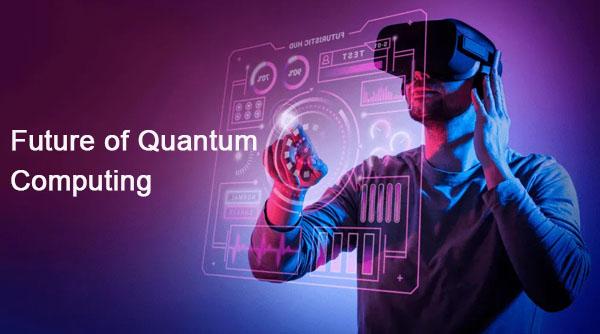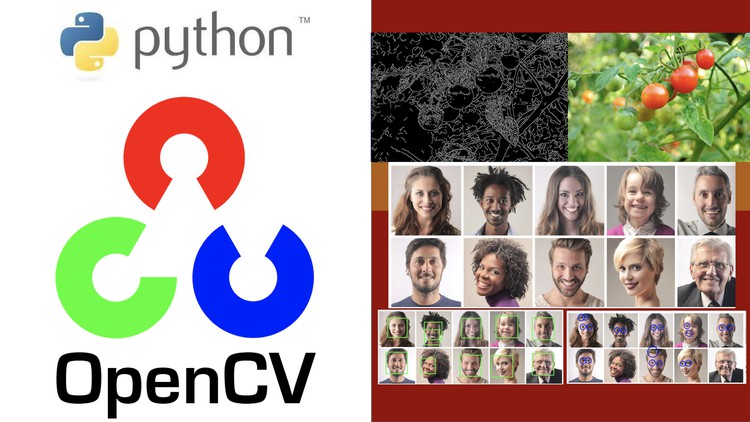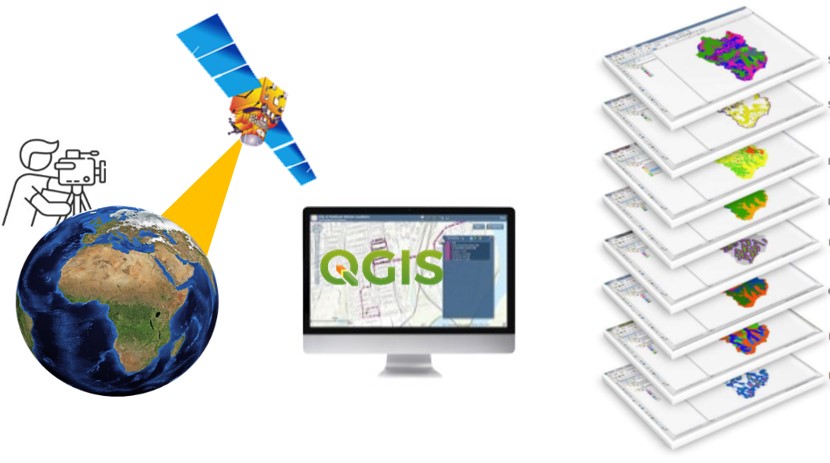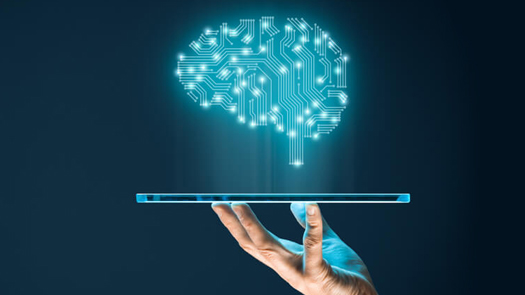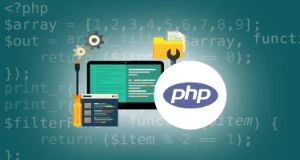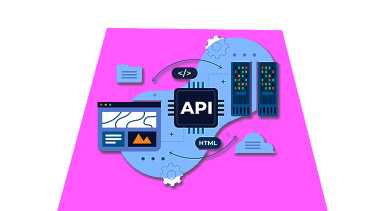Introduction
Picture a computer that can crack complex puzzles in seconds—puzzles that would take today’s most powerful supercomputers thousands of years to solve. This is the promise of quantum computing. While it might seem like science fiction, quantum computing is advancing rapidly and could revolutionize not just information technology but a range of other fields as well. In this blog, we will explore what quantum computing is, how it works, and the groundbreaking changes it might bring to various industries.

IT Security Gumbo: Cloud Security Technology
Last Updated: 2023-03-29
Introduction to Cloud Security
Understanding Quantum Computing
What is Quantum Computing?
Quantum computing involves information processing grounded in the principles of quantum mechanics, which studies the behaviour of extremely small entities like atoms and photons. Unlike traditional computers that use bits (which can be either a 0 or a 1), quantum computers utilize quantum bits, or qubits, as their fundamental units of data.
Qubits and Superposition
Superposition is the property that allows a qubit to exist in multiple states at the same time. Unlike a traditional bit, which can only be either 0 or 1, a qubit can be both 0 and 1 simultaneously. This ability to handle multiple possibilities at once makes quantum computers incredibly powerful.
Entanglement
Entanglement plays a crucial role in quantum computing. When two qubits become entangled, their states are instantly interconnected, no matter how far apart they are. This unique interdependence allows quantum computers to perform complex calculations at unprecedented speeds.
How Quantum Computing Works?
Quantum circuits are essential for performing calculations in quantum computing. Within these circuits, quantum gates adjust the states of qubits. While classical computers use logic gates to process bits, quantum computers utilize quantum gates to manipulate qubits.
Algorithms of Quantum
Special algorithms created to capitalize on superposition and entanglement are used by quantum computers. Shor’s algorithm is a well-known example, as it can factor big numbers tenfold quicker than the most popular classical methods. Significant effects flow from this capability for cryptography, which uses the difficulty of factoring huge numbers to secure data.
Potential Applications of Quantum Computing
1. Application of Quantum Computing in Cryptography and Security
Quantum computing poses a challenge to cryptography, but it also offers new opportunities. For instance, RSA encryption, among other cryptographic methods designed to safeguard data, could be vulnerable to quantum computers. Current information security methods may become obsolete as a result. However, quantum computing also enables the creation of advanced, more secure encryption techniques. One example is quantum key distribution, which uses quantum mechanics to establish a communication channel that is theoretically immune to eavesdropping.
2. Quantum Computing helps with Drug Discovery and Healthcare
Quantum computing has the potential to accelerate the creation of new medications and medical treatments. Unlike classical computers, quantum computers can model molecular interactions with unprecedented detail. This enhanced capability can shorten the time and reduce the cost of bringing new treatments to market by identifying new compounds and optimizing existing drugs.
3. Mapping Finances gets easier with Quantum Computing
The financial sector predominantly depends on complex models to make investment decisions, manage risk, and predict market trends. Quantum computing’s ability to process vast amounts of data and perform intricate simulations much faster than traditional computers could transform the operations of financial institutions. This advancement may lead to enhanced risk management strategies, improved investment decisions, and more accurate market forecasts.
4. Quantum computing in Artificial Intelligence and Machine Learning
Quantum computing can significantly accelerate the processing of large datasets, offering substantial improvements in machine learning and artificial intelligence (AI). The rapid training of machine learning models enabled by quantum algorithms paves the way for more advanced AI applications. This includes potential advancements in areas such as image recognition, autonomous systems, and natural language processing.
5. Quantum computing enhances Ecology and Climate Modeling
Predicting and understanding climate change is one of the most challenging tasks in computing. Quantum computing has the potential to improve climate models by processing large volumes of environmental data more quickly and accurately. This could lead to better forecasting of climate patterns and enable scientists to develop more effective strategies for mitigating climate change.
6. Quantum computing improves Supply Chain Optimization
Quantum computing has the potential to optimize supply chains by analyzing and managing complex logistics data. This can lead to reduced costs, quicker delivery times, and more efficient routing. Companies such as Volkswagen are already exploring quantum computing to enhance traffic flow in cities and reduce emissions and congestion.
Challenges of Quantum Computing
Technical Challenges
Despite its potential, quantum computing faces numerous technological challenges. Qubits, due to their extreme sensitivity to environmental factors, require extremely low temperatures and sophisticated error-correction techniques to remain in their quantum state. Researchers continue to grapple with the complex challenge of developing scalable and reliable quantum computers capable of performing practical computations.
Cost and Availability
Currently, the construction and maintenance of quantum computers are extremely costly. Widespread availability may still be years away, but as technology progresses, costs are expected to decrease. Efforts to provide cloud-based access to quantum computers will allow more researchers and developers to experiment with quantum algorithms and applications.
Workforce and Education
As quantum computing evolves, the demand for experts who understand quantum physics and computing principles will grow. Advancing the field and unlocking its full potential requires educating the next generation of scientists, engineers, and developers.
Quantum Computing in India
India is also a key player in the global race for quantum computing. The Indian government’s National Mission on Quantum Technologies and Applications focuses on advancing research and development in this field. As more Indian institutions and universities offer courses and conduct research in quantum computing, the future workforce in India will be better prepared to leverage this transformative technology.
Conclusion: The Future of Quantum Computing
Although quantum computing is still in its early stages, it holds the potential to revolutionize not only IT but also numerous other industries. Its transformative applications range from enhancing cryptography and accelerating drug discovery to improving financial models, advancing artificial intelligence, and optimizing supply chains. While significant technical challenges remain, ongoing research and development are paving the way for a future where quantum computers could tackle some of humanity’s most complex problems.
To stay at the forefront of this technological revolution and embrace the future of quantum computing, Learnfly offers cutting-edge courses designed to equip you with the knowledge and skills needed in this rapidly evolving field. Our professionally curated computer science and IT programs provide in-depth insights into advanced technologies like quantum computing.


